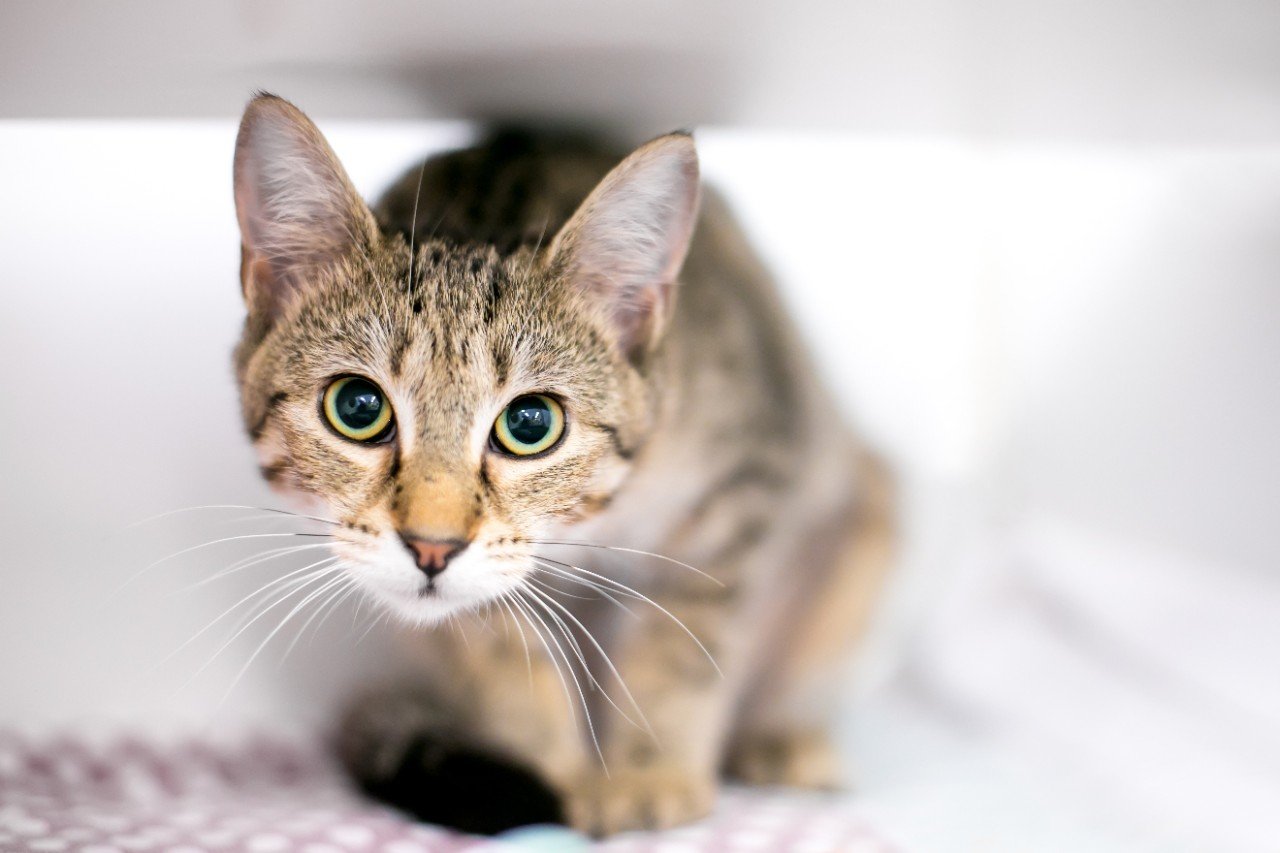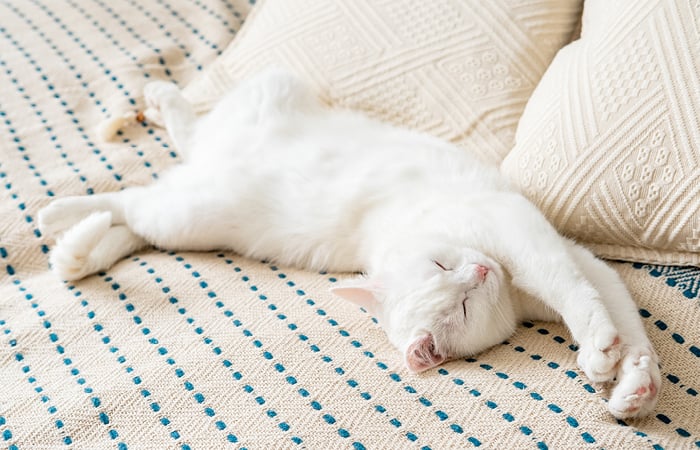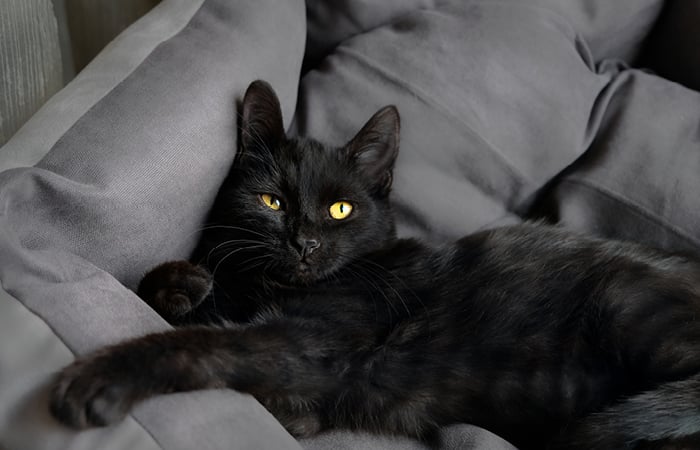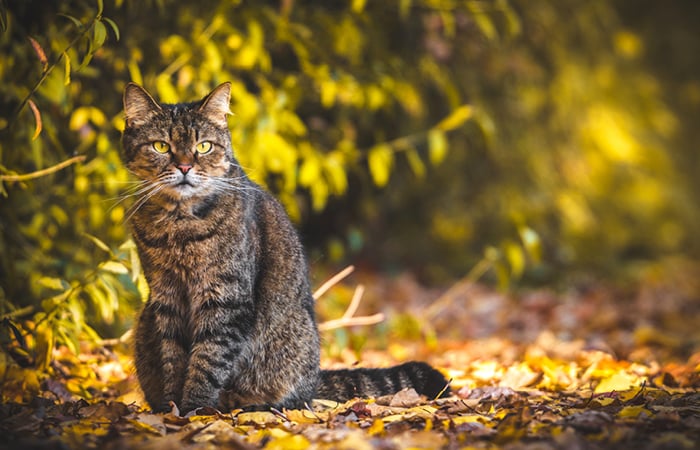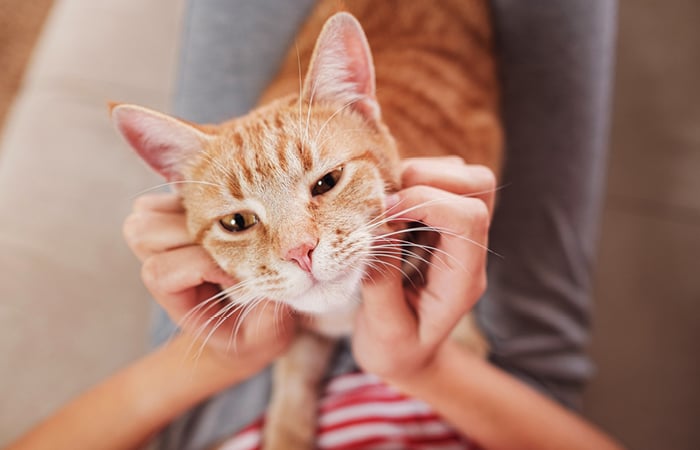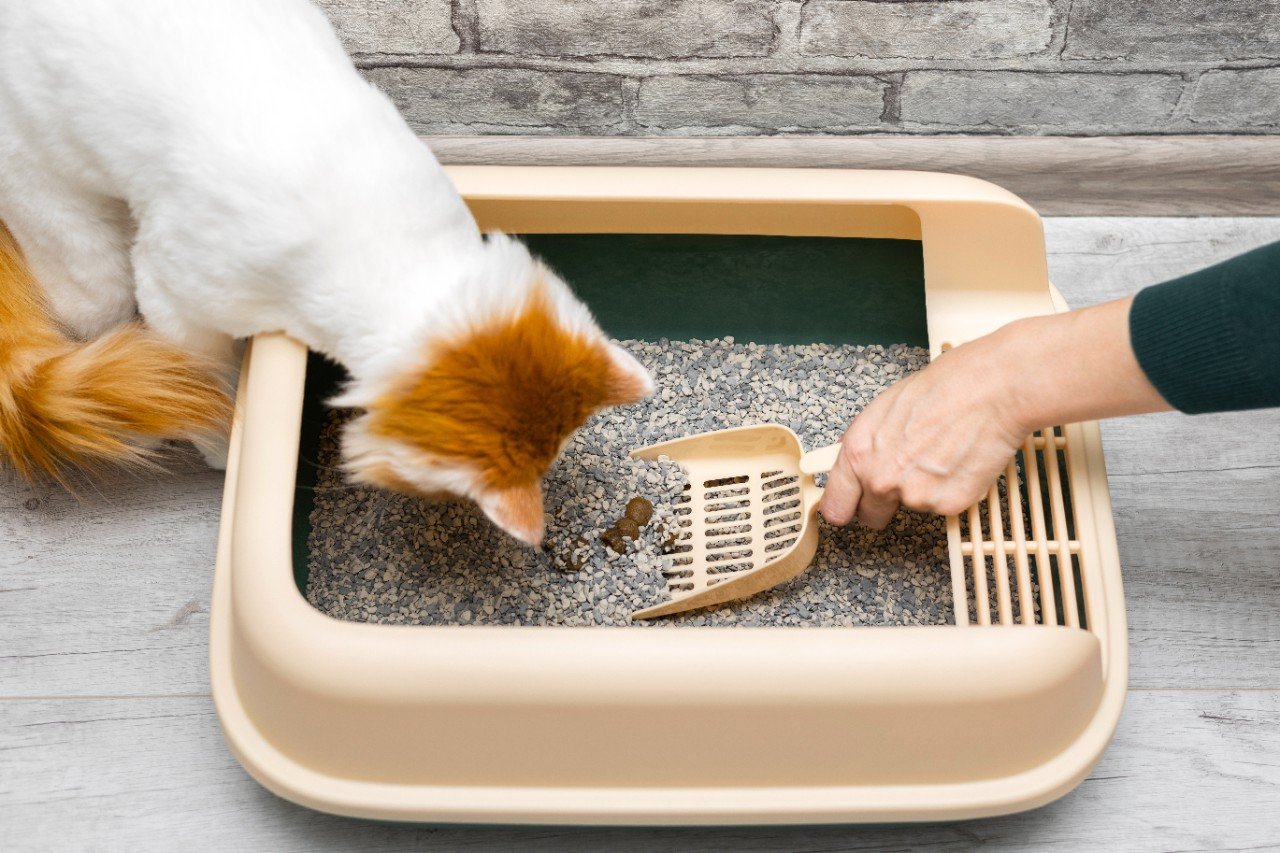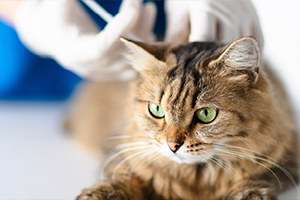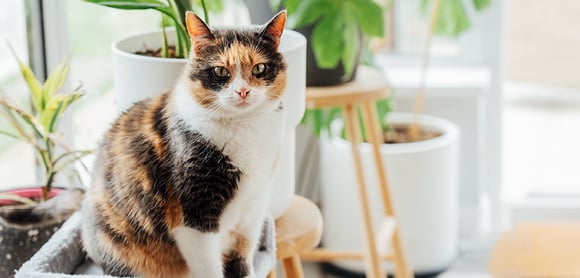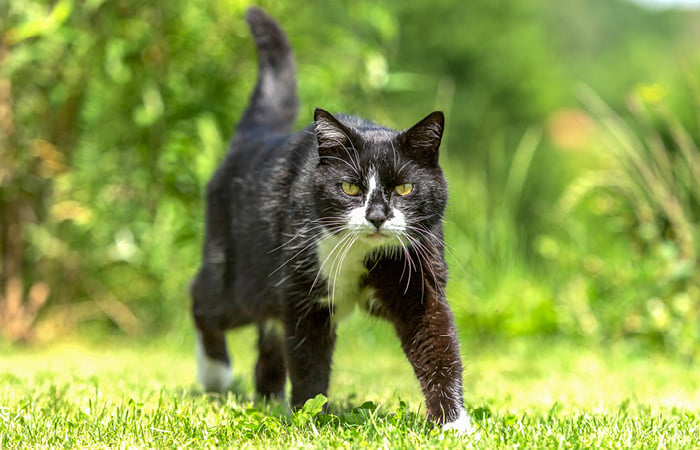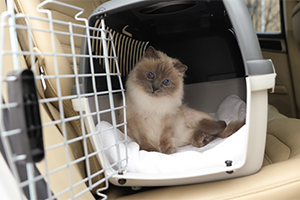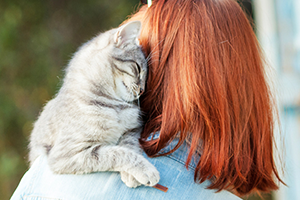Nicky leads the development and implementation of behaviour-focused initiatives at Cats Protection, ensuring that policies and strategies support the highest standards of cat welfare across the charity’s volunteer teams and centres.
She is passionate about educating others on the connection between behaviour and cat wellbeing, particularly in a shelter environment. Nicky also provides guidance to adopters, helping them understand their cat’s behaviour and fostering successful pet-owner relationships to reduce cats being returned to the charity.
Her academic background includes a BSc in Animal Behaviour from Anglia Ruskin University and a Postgraduate Diploma in Companion Animal Behaviour Counselling from the University of Southampton. Before joining Cats Protection in 2010, she worked as a registered veterinary nurse. Nicky is actively involved in the field, representing the charity on the Animal Behaviour and Training Council (ABTC), contributing to International Cat Care’s feline wellbeing panel, and holding full membership with the Association of Pet Behaviour Counsellors (APBC).



